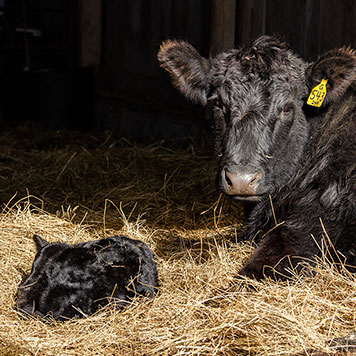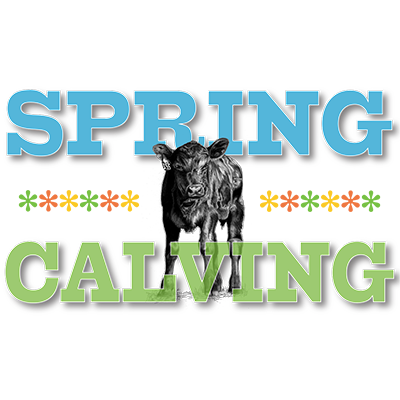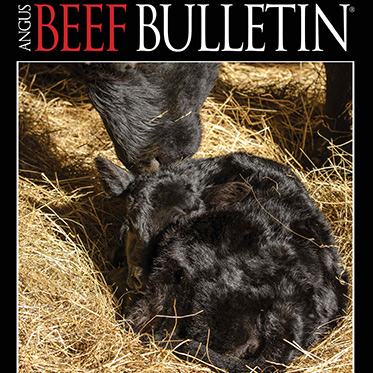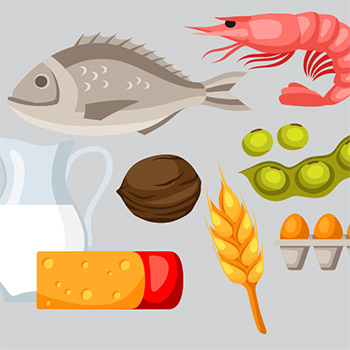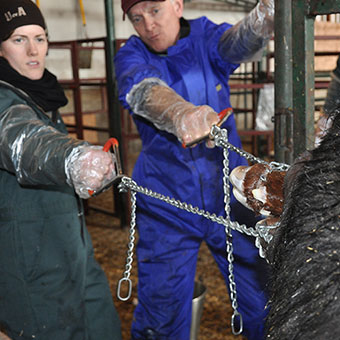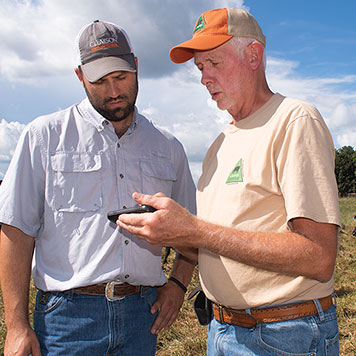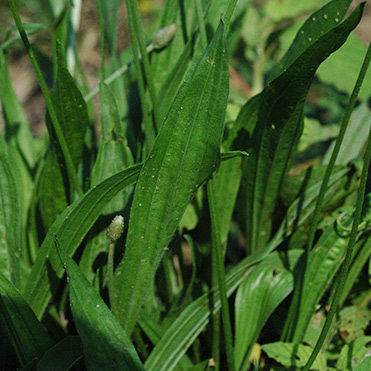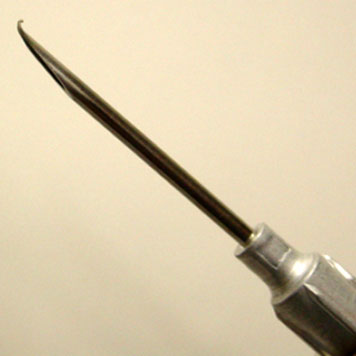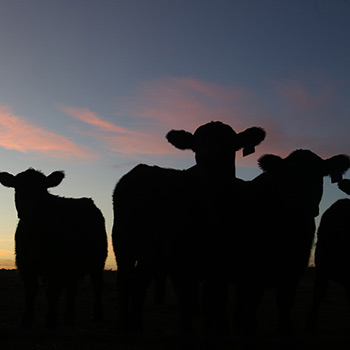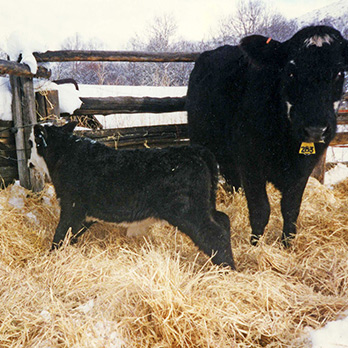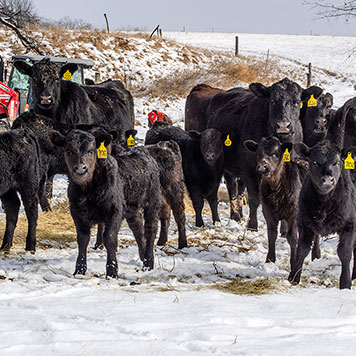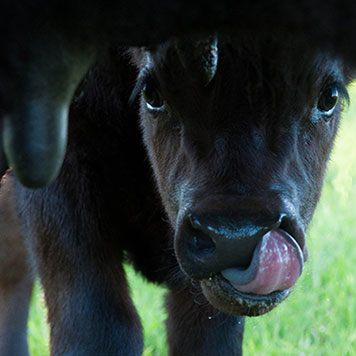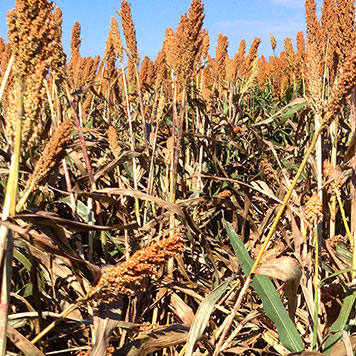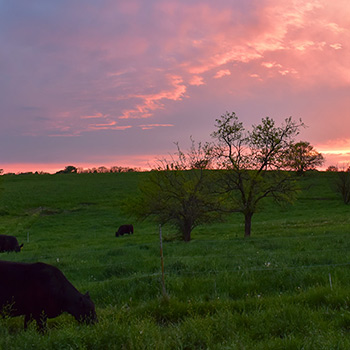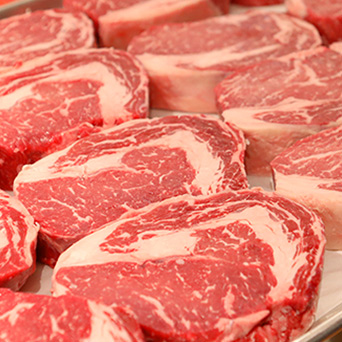Gizmos & Gadgets
Companies offer advancements in marketing, health, reproduction and putting up hay.
Assess calf market value
Missouri’s farmers and ranchers now have another tool to assess the market value of stocker cattle.
The Missouri Department of Agriculture’s Ag Market News team has launched the Missouri Stocker Formula — a seven-day calculated weighted value for feeder steers reported by the Missouri Department of Agriculture and the USDA Market News Service weighing 400-649 pounds (lb.).
This formula is aimed at helping farmers and ranchers in Missouri who have interest in the stocker cattle market. This formula will serve as a barometer to allow individuals to quickly get a feel for price direction and volume of stocker cattle currently moving through Missouri’s auction barns. Missouri is currently ranked second in the nation for beef cattle, with approximately 2.16 million head across the state.
The Missouri Stocker Formula is updated daily, and can be found at http://bit.ly/May-G1. For more information call 573-751-5618.
Timing when to market cattle
Selling overfat or underfat cattle costs beef producers millions of dollars in unrealized or lost margin. In response, Quantum Genetix has launched the Q-sort test and app. Q-sort uses market condition inputs to calculate the optimal margin gain of a pen of cattle based on genetic growth models. It provides information to reduce overfeeding and underfeeding, and when to sell a pen of feeders at their most profitable point.
“This is a culmination of years of research and millions of dollars invested to build a genetic model that makes it easier for feedlot managers to do their job,” says Quantum Genetix President Leigh Marquess. “The goal is to improve efficiency and profitability for beef producers. Understanding when a pen of cattle is ready to be shipped is crucial.”
Q-sort takes complex genetic information and turns it into a simple decision-making tool, designed to work in the feedyard environment in virtual real time.
The cattle feeder takes a small tissue sample, on arrival or at re-implant time, using specific tissue collection tags provided by the company. Animal or pen ID is recorded, and the samples are sent to the company lab for processing. The genetic information is automatically uploaded to the app leaving the operator to enter in their specific market conditions and some basic animal information. The app calculates the optimum week the cattle should ideally be shipped.
Q-sort is available directly from Quantum Genetix in the United States. In Canada it is marketed via Bio Agri Mix. The app can be downloaded from the Apple Store or Google Play.
For more information visit http://bit.ly/May-G2.
Pinkeye vaccine
Last fall Huvepharma announced the release of a conditionally licensed vaccine for the prevention of pinkeye caused by Moraxella bovoculi in cattle.
The new Moraxella bovoculi Bacterin provides superior protection with eight specific isolates and an easily syringeable adjuvant. Pairing this bacterin with AgriLabs’ well-known vaccine, I-Site XP®, for the prevention of pinkeye caused by M. bovis, veterinarians will expand cattle raisers’ prevention protocol for optimal coverage of this disease. Both vaccines will be supported through AgriLabs, a Huvepharma company.
“Controlling pinkeye has always been a top concern for cattle producers, which is why we’ve devoted so much effort into developing and delivering quality vaccines to combat a disease that costs the industry more than $150 million annually,” remarked Sean O’Hare, director of the livestock business unit. “The addition of this conditionally licensed Moraxella bovoculi vaccine allows AgriLabs to offer a full complement of pinkeye prevention solutions to address this critical disease. Additionally, the new M. bovoculi vaccine simplifies the process for veterinarians because it is immediately available.”
For more information visit http://bit.ly/May-G3.
New line of small, trailed mowers
Last fall Vermeer introduced its new line of 10-series small, trailed mowers for hay and forage producers seeking proficient cutting, simplicity and ease of use. The TM610/TM710/TM810 trailed mowers feature the built-in protection of a rubber torsion suspension for smooth mowing performance in many conditions, including rough and uneven terrain.
“The 10-series trailed mowers are for operators who want the power and performance of modern trailed mowers, but don’t quite need the size, mowing capacity and horsepower requirements of larger models,” said Vermeer Product Manager Josh Vrieze. “Hay producers deal with so many different crops and field conditions, and these trailed mowers can give them enough mowing capacity to get the job done.”
The TM610/TM710/TM810 trailed mowers give operators three sizes from which to choose, with 8.1-foot (ft.), 9.2-ft. or 10.5-ft. cutting widths. Simplicity runs throughout all three models. The hookup procedure is straightforward — after the hitch, PTO and hydraulics are connected, it’s ready to go to the field. Toolless adjustments allow users to set the suspension between fields. The Quick-Clip® blade retention system lives up to its name. Horsepower requirements [50 hp (37.3 kW)] are an average 20% lower than comparable three-point disc mowers.
“The features on 10-series trailed mowers are designed to make the mowing process more efficient,” said Vrieze.
For more information go to http://bit.ly/May-G4.
Reproductive technology advances
Vytelle announced in January its partnership with global livestock reproductive services innovator Sexing Technologies (ST) for the use of ST’s proprietary reverse semen-sorting technology. This partnership will allow beef and dairy producers to access gender-specific embryos developed through in vitro fertilization (IVF) from Vytelle and its licensees.
Under the agreement, Vytelle will use the technology to sex-sort bovine semen prior to the fertilization of eggs in the IVF embryo-development process. This additional offering from Vytelle allows customers greater flexibility in next-generation herd development.
The company is broadening the applicability of the IVF process, making it a more gentle process on the animal and a more practical tool for a broader range of cattle producers, says Michael Bishop, who joined the company as director of strategy in January. Vytelle’s oocyte collection process does not use follicle-stimulating hormone (FSH), eliminating an injection schedule and the costs that go with it, and allowing weekly collection with a process that is more natural and easier on the animal.
Once the eggs arrive at the lab, they are fertilized and developed using a proprietary cell-culture system using no fetal calf serum, resulting in high-quality, freezable embryos in seven days. Clients pay for Grade 1 quality embryos.
For more information visit http://bit.ly/May-G5.
Editor’s note: Gizmos & Gadgets is a regular column in the Angus Beef Bulletin. Subscribe at https://www.angus.org/Media/Advertising/ABBSubscr.aspx
